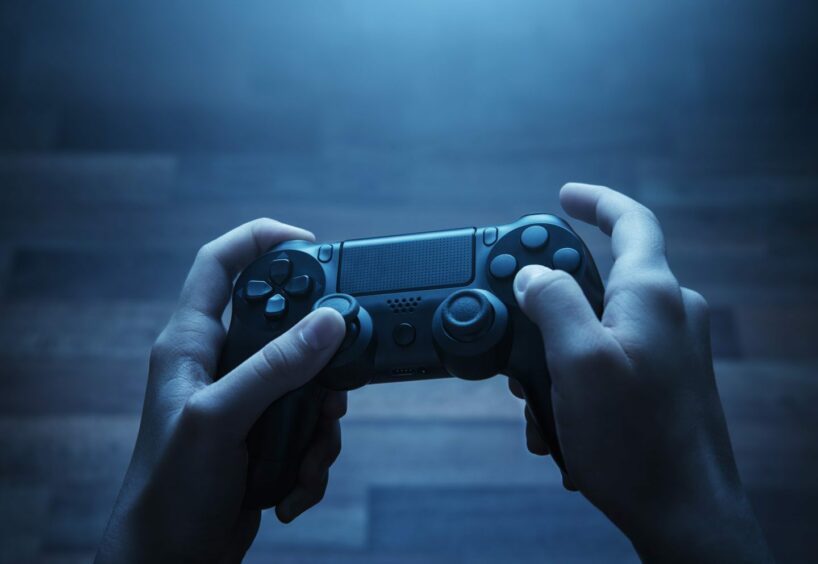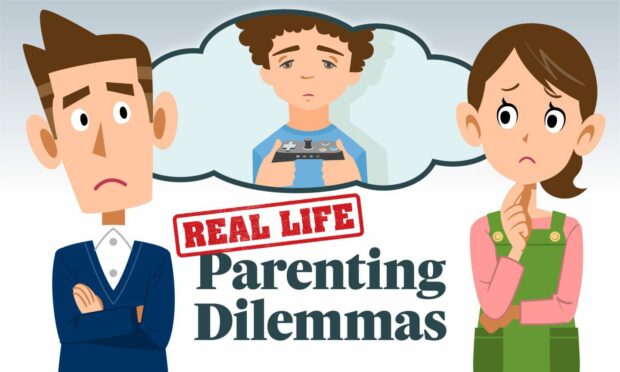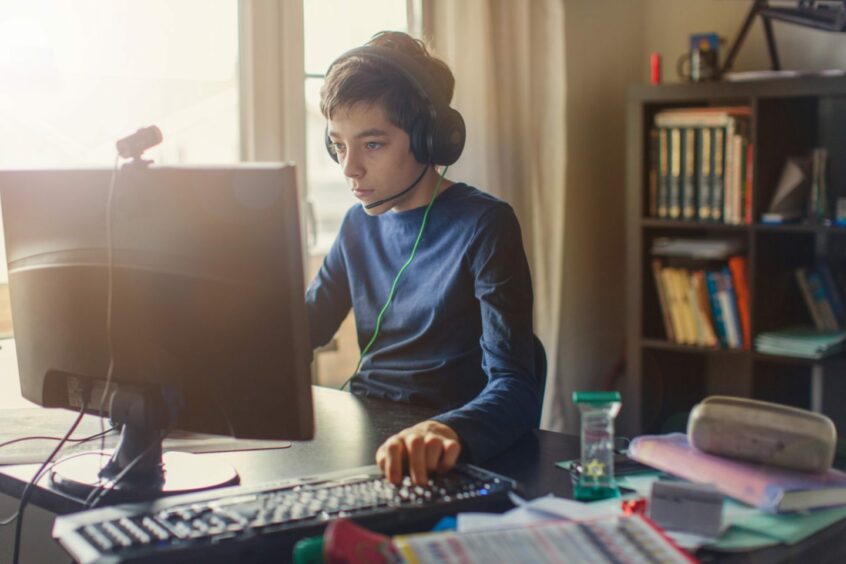Children as young as 13 are now being treated by the NHS for gaming addiction. Many are playing video games for 14 hours a day.
The National Centre for Gaming Disorders (yes, that is a thing) saw referrals jump by more than half from 2021 to 2022.
Health service data shows 745 people have been referred to the UK’s only gaming clinic since it opened in October 2019.
Some parents have been forced to call the police because their children become so violent when their screen-time is restricted.
While it might be trendy to talk about ‘epidemics’, there’s no doubt video game addiction is a serious and growing problem among today’s youth.
Parenting is, to some extent, a series of problems to solve. Or at least deal with as best we can.
With video games more pervasive than ever before, problematic gaming arguably ranks somewhere near the top.
Gaming addiction warning signs

What are the warning signs of gaming addiction parents should look out for?
What are the consequences of gaming addiction for children and their families?
And how, as a parent, do we deal with it? Is it as simple as ‘pulling the plug’ and taking screens away?
Dr Mark Grindle is a senior lecturer in digital health at the University of the Highlands and Islands (UHI) in Inverness.
Formerly a TV producer, Mark has also worked in the video game industry, so knows what he’s talking about.
“Typical signs that there may be a problem are just that preoccupation with gaming, and withdrawal symptoms when they stop,” Dr Grindle told the P&J. “The irritability, the restlessness.
“But it’s not just that they’re playing games, it’s that they’re not doing anything else. They’re not out in nature going for walks, they’re not out on the bike.
“So if they’re having difficulty cutting back, and are not doing those other things, school work or family commitments for example, then you’ve got a problem.”
Dr Grindle said the side effects of excessive gaming are numerous.
Social isolation, sleep problems, difficulty concentrating, and behavioural issues such as heightened aggression, to name a few for starters.
Then there are the physical problems, from muscle aches and nerve problems like carpal tunnel syndrome to obesity.
When gaming gets out of hand, the consequences aren’t just psychological or physical either, but also financial. “Games ain’t cheap,” as Mark says.
Video games designed to be addictive
The computer game industry is now one of the largest entertainment sectors on the planet, having overtaken film. And it has hooked a generation of youngsters, predominantly boys.
“Video games are designed to be addictive. We as adults fall into this trap with our iPhones and social media and so on.
“They’re designed to be what we call in the industry ‘sticky’. They create reward systems which make you feel good, because dopamine in your brain is triggered. It’s a genuine buzz.
“They create a sense of mastery, which is psychologically appealing. The more present you feel in a game, the more you’re rewarded psychologically. You do feel good, it increases self-esteem.
“But the problem is when that high gets dulled, and so you just want to do more and more of it – like gambling, like any addiction.”
He added: “Addiction tends to be a concern for those who are already suffering from social anxiety.
“Games are designed to be relatable. They do create communities, so for those who need a sense of belonging, therein lies their appeal. And particularly on storytelling types of games, they give you the sense of being someone who you’re not.”
New national research shows that parents get less than 30 minutes quality time a day with their children.

That’s something we as parents need to address. According to Dr Grindle, a good working relationship between parent and child is essential when it comes to dealing with and preventing problematic behaviour. An open dialogue is key.
Don’t be dictatorial
“There are things you can do.
“Obviously, if your child just will not move from that machine, and screams and tears the house apart when taken away from it, then that requires professional help.
“But just having rules and setting limits on screen time. Not in a dictatorial way, but in a way that’s supportive and non-judgemental.
“Provide an environment where that dialogue can take place, where children can feel comfortable discussing it from their point of view, expressing their concerns, as well as the parent’s feelings and concerns.
“It isn’t that the games are intrinsically bad in and of themselves. It’s when it stops kids doing those alternative activities. And one of those alternative activities is the relationship with your parents.
“That sense of reward that they’re getting from games, they need to get that from the relationship with their parents and their home life.
“And the sense of mastery they get from playing games, parents should encourage that sense in other facets of their lives.”
Massive change over last 20 years
Conversations around gaming addiction inevitably focus on children and teenagers. Which is fair enough as, by and large, it is that age group that is (a) most vulnerable to it, and (b) most exposed to it.
But Dr Grindle believes the use of digital media is increasingly problematic for us all, not just children.
“Increasingly, we’re face-to-face on the screen rather than physically. Covid showed us that we’ve lost that direct connection with nature, that we were missing a major part of what it is to be human.
“There has been a massive change over the last 20 years, towards screen behaviour rather than real-world behaviours.
“There’s good things and bad things in that, but what we do have to do is be more critical about it, be more aware of it, and have a dialogue around it with our young people.
“Yes, you can restrict the amount of time your child spends gaming. But do they understand why that’s happening? Is there a dialogue? Once you lose that dialogue, then it becomes problematic.
“The best thing parents can do is have that conversation with them over time.”
As with most real-life parenting dilemmas, so with excessive gaming. The answer, if there is one, lies first and foremost in clear communication and open dialogue.



Conversation